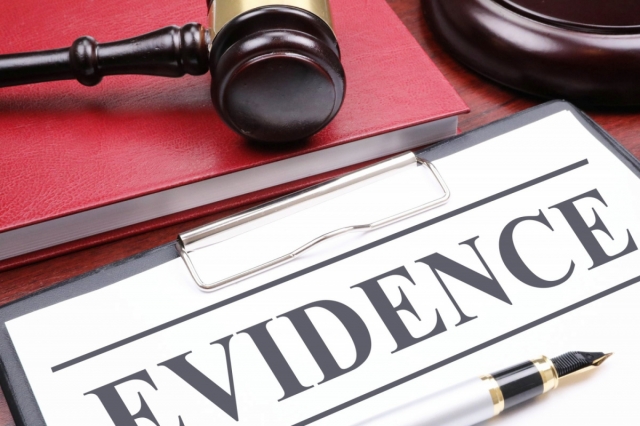Domestic violence is a serious crime that involves the use of force or threats of force against a person with whom one has an intimate relationship. This can include
- Physical abuse
- Emotional abuse
- Sexual abuse
- Stalking
If you are facing a domestic violence charge, it is crucial to take immediate action to protect your rights and potential consequences.
The penalties for domestic violence crimes range from fines to imprisonment. These charges can also impact your employment, housing, and other aspects of your life. It is essential to seek legal help as soon as possible to understand your rights and options.
Understanding the Charges Against You
Domestic violence charges can vary depending on the specific circumstances of the case. Some common types of charges include:
- Assault: Intentionally causing physical harm to another person.
- Battery: Unwanted physical contact with another person.
- Aggravated Assault: Assault that involves the use of a deadly weapon or causes serious bodily harm.
- Stalking: Repeatedly harassing or following another person.
The penalties for domestic violence charges can be severe, including imprisonment, fines, and the loss of certain rights. Understanding the specific charges you are facing and the potential consequences is essential.
Exercising Your Rights
If you are arrested on suspicion of domestic violence, you have the right to remain silent and the right to an attorney. It is crucial to exercise these rights from the beginning. Talking to the police without legal representation can be risky, as anything you say can be used against you in court.
Seeking Legal Representation
When facing domestic violence charges, it is crucial to hire an experienced attorney who specializes in this area of law. A qualified attorney can provide invaluable guidance and representation throughout the legal process.
When selecting an attorney, look for someone with a strong track record of success in domestic violence cases. Experience is essential, as it demonstrates the attorney's knowledge of the legal system and the ability to defend clients accused of these charges effectively. Additionally, consider the attorney's reputation and the testimonials of previous clients.
An experienced domestic violence attorney can play a vital role in defending you against these charges. They can:
- Understand the legal process: An attorney will be familiar with the complexities of domestic violence cases and the potential outcomes.
- Gather evidence: They can help you identify and gather evidence to support your defense, such as medical records, witness statements, or text messages.
- Negotiate a plea deal: In some cases, it may be possible to negotiate a plea deal with the prosecution. An attorney can help you evaluate the benefits and risks of accepting a plea deal.
- Represent you in court: If your case goes to trial, an attorney will represent you and argue on your behalf.
- Provide emotional support: Facing domestic violence charges can be emotionally draining. An attorney can provide you with support and guidance throughout the process.
Gathering Evidence
Gathering evidence to support your defense is crucial in domestic violence cases. This evidence can include:
- Medical records: Documentation of any injuries you sustained.
- Witness statements: Testimony from people who can corroborate your story.
- Text messages or emails: Communications that can help prove your innocence.
- Photographs: Images of any damage to your property or physical evidence.
An attorney can help you identify and gather the evidence to build a strong defense.
Preparing for Your Court Appearance
It is essential to prepare carefully for your court appearance. This includes understanding the legal procedures, gathering evidence, and practicing testimony. An attorney can help you prepare for your court appearance and ensure you are well represented.
Next Steps
The potential outcomes of a domestic violence case can vary depending on the specific circumstances and the strength of the evidence. Possible outcomes include:
- Acquittal: You are found not guilty of the charges.
- Conviction: You are found guilty of the charges.
- Plea deal: You may be able to negotiate a plea deal with the prosecution, which involves pleading guilty to a lesser charge in exchange for a reduced sentence.
It is essential to follow your attorney's advice throughout the legal process. They will be able to guide you through each step and help you make informed decisions about your case.
The next steps in the legal process may include:
- Preliminary hearing: A hearing to determine if there is enough evidence to proceed to trial.
- Trial: If your case goes to trial, you will have the opportunity to present your defense.
- Sentencing: If you are convicted, the court will determine your sentence.
- Appeals process: If convicted, you may have the right to appeal the decision.
By working closely with your attorney, you can navigate the legal process and increase your chances of a favorable outcome.






